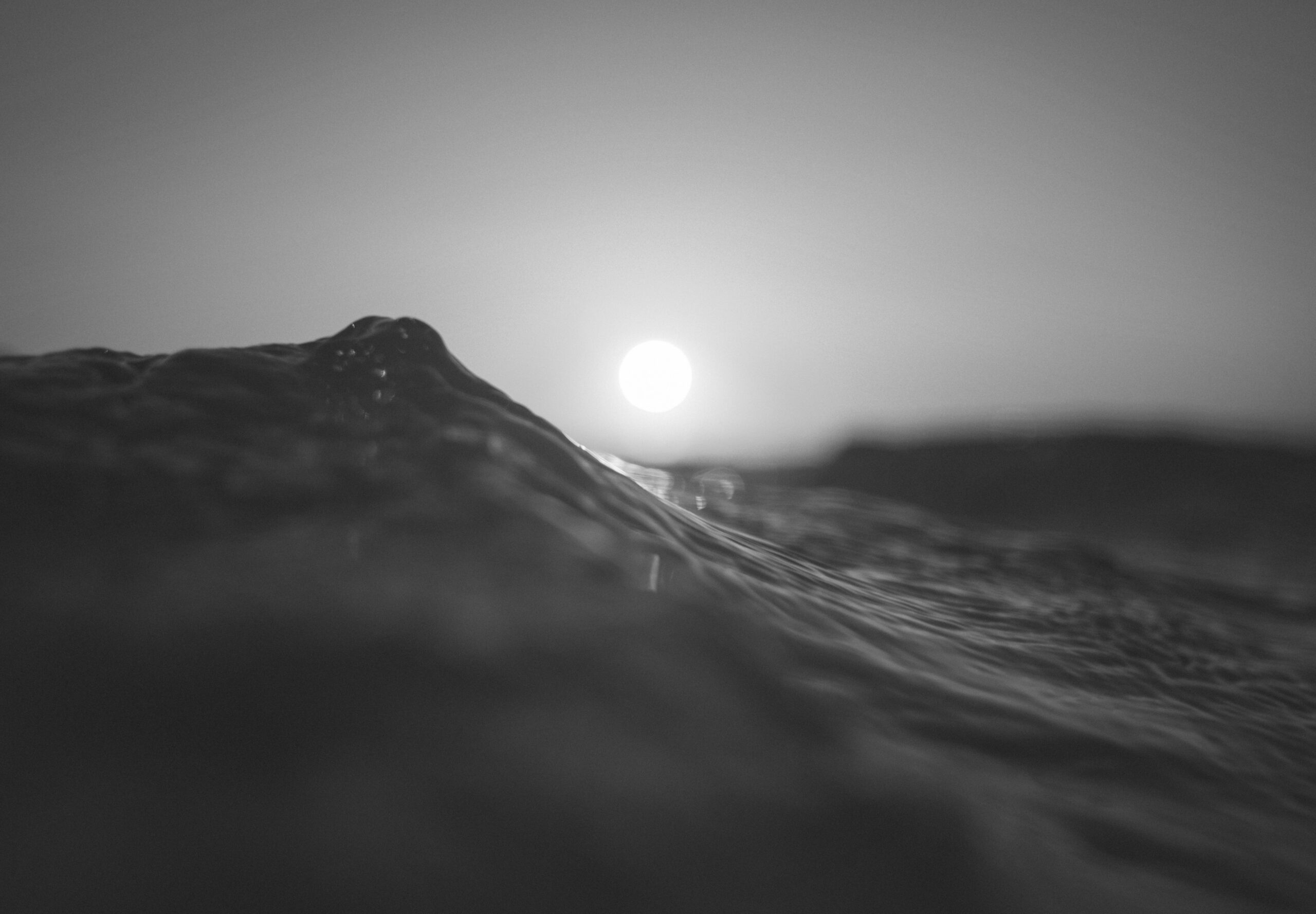At F-ONE/MANERA, we have decided to commit ourselves to a transparent and responsible environmental approach.
Most companies seeking to determine and reduce their carbon footprint often neglect certain aspects of their supply chain, and so publish incomplete results that are far from reality and launch actions that have little real impact.
We decided to carry out a complete audit of our CO2 emissions. For us, it was essential to leave no stone unturned: from raw materials to production, transport and logistics, right through the product’s end-of-life. We wanted to go even further by making these results accessible to everyone. For us, there was no other option: we had to calculate and publish everything.

Julien Salles
General Manager of F-ONE/MANERA, tells us more about this ambitious initiative, and how the company intends to use its research to move the industry in the right direction.
Why did you carry out this environmental audit ?
In order to improve something, the first step is to understand what’s going wrong and to carry out a kind of introspection. This avoids hasty decisions and, on the contrary, helps you understand where to act to have the greatest impact. So we must analyze everything, hence this audit. The audit serves as a guide to know where to invest in an intelligent and reasoned way, so as to move in the right direction.
For example, in terms of communication, it would have been easy to put solar panels on the roof of our offices. It’s visible, simple and appeals to the general public. But in fact, in terms of the company’s overall impact, our offices only account for 6% of total emissions, making them the fifth largest emitter. So that’s not really where we should be investing our efforts, at least at first.
What also pushed us to go deep into this environmental action was to see many brands pushing, voluntarily or involuntarily, marketing actions with very little impact. Our customers, and the public in general, are informed enough on the topic to spot “greenwashing” quite easily. So by pushing the wrong message, we lose their trust, when our industry could be leading by example.
So, yes, this questioning of environmental impact adds a huge challenge for the company, but it’s a necessary one, for us and for the customer. Now, when a customer buys a product, they’re not necessarily just looking for quality and price, they may also be looking at the whole picture, finding out about the company’s philosophy or its global actions.
So when a customer reads our audit, they’ll also realize that not only is everything true for us, but it’s also true for everyone else. The figures will be more or less similar, in any case, in terms of proportions and percentages. So we’ve done this for ourselves, but also to inform all customers in the industry.
Why not opt for compensation, which seems to be a popular solution?
Indeed, when you want to reduce your footprint, there are two solutions: reduction or compensation. Compensation is a bit like making a mistake and then saying sorry. Reduction is about not making the mistake in the first place, or at least minimizing it as much as possible.
Clearly, reduction is much more difficult than compensation. Because it means changing, in one way or another, the whole way the company operates, all the processes, the materials, the factories… This requires a lot more time and investment, both human and financial. But, in the end, it’s what really counts and makes the difference.
What is F-ONE/MANERA’s short-term and long-term vision?
There are three main points: reduce, research and lead by example. First of all, of course, we need to reduce the major sources of emissions, i.e. everything to do with materials and manufacturing. We’re already in the process of doing this, particularly with our kites and wings.
The second thing is to continue conducting research. Research, for example, on materials like composites, and on all the items that pollute the most, in order to then try to find viable alternatives.
Finally, the third thing is to set an example. If you take a closer look, when our riders or we ourselves take the plane for business trips, we can see that it represents very little in terms of the company’s overall carbon footprint, but it is setting a bad example.
For example, at MANERA for a few years now, and now at F-ONE, we’ve kept air travel to a minimum. We either send the gear to riders who do the photoshoot at home, or we travel in campervans, buses or whatever, for more local adventures. Once again, we know it doesn’t weigh much, but it sets an example for all our customers, riders and the community. It’s a good thing to do, and we shouldn’t forget about it.
And then, when we’ve really reduced our emissions as much as possible, we can start thinking about compensation… But I don’t think that will ever really be possible. In any case, we really shouldn’t be thinking about it now, not at the beginning.
Can you tell us more about the concrete actions already taken by F-ONE/MANERA?
One example among many is that we realized that one of our biggest sales areas, but also where we have the biggest footprint, is polyester materials. So, our wings and kites.
Nevertheless, it’s also one of the areas where it’s perhaps less difficult to find virtually equivalent, recycled materials than, for example, for foils. It’s much more difficult with composites. So we’ve already invested heavily in everything that flies, notably with Brainchild, which uses recycled materials: canopy, Dacron, right down to the valve, which is recycled from automotive industry waste.
But that’s not all. We are also in the process of sourcing recycled materials in Asia for our Asian production. So, if I had to name one action that will have a big impact in the very near future, it’s this one: the change in our polyester sourcing.
According to the agency we worked with for this audit, using recycled materials cuts environmental impact in half, so it was really interesting to move in that direction. To find out more, you can read about the audit as well as our current and future actions right here on this site (https://ethics.f-one.world/).
So, as I said, it’s a real challenge to get into this. We’ve been able to gather enough information and establish a logical and efficient action plan; now it’s time to make it happen.

